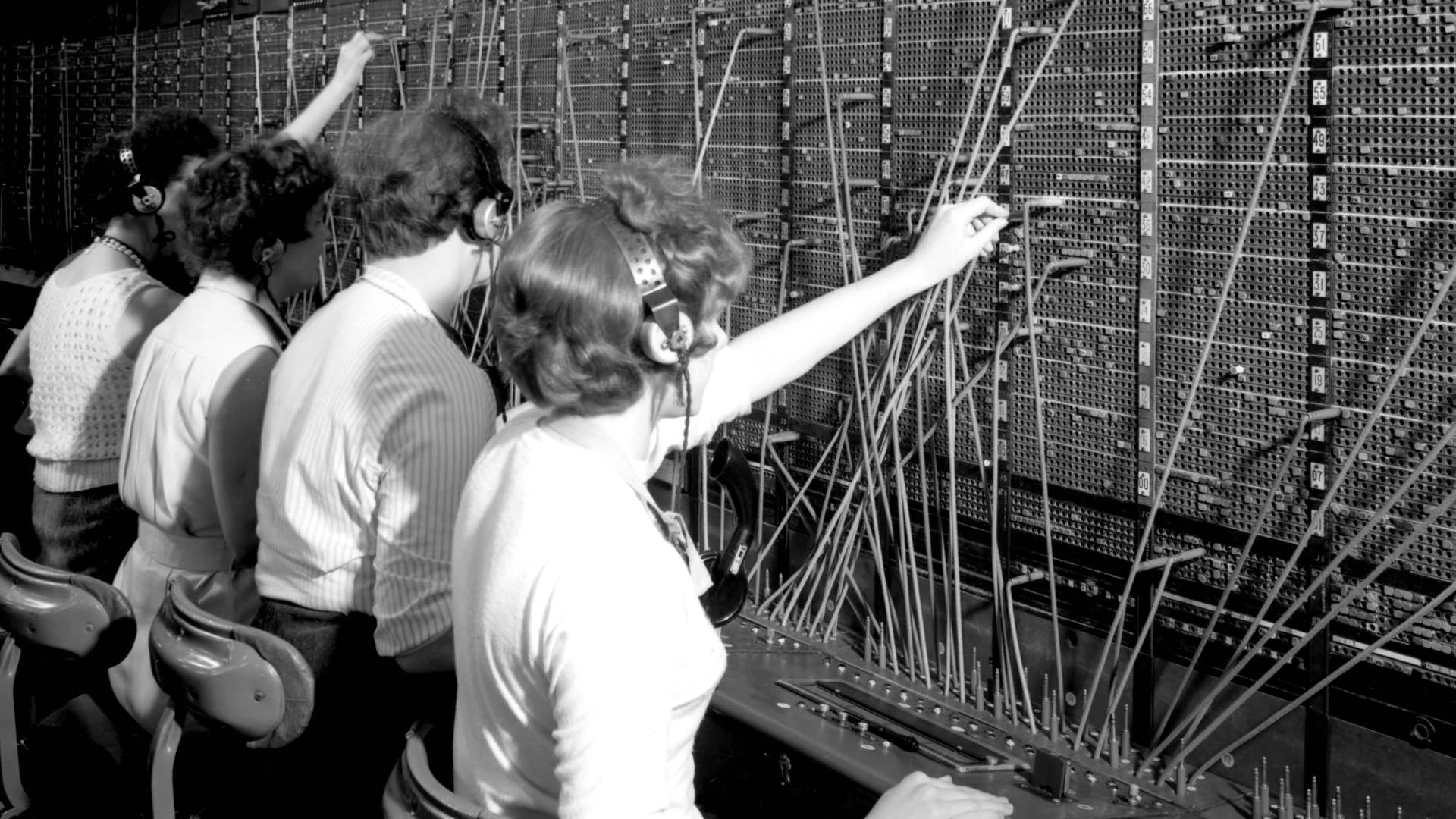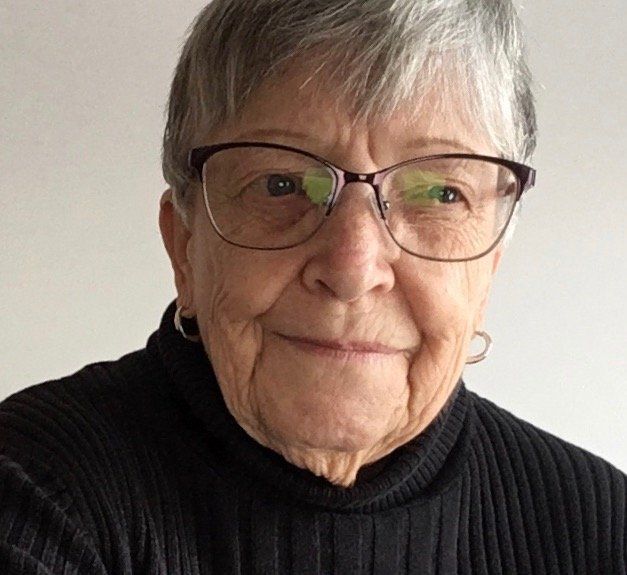Confessions of a former AGT operator
Number please...
"In truth, telephone operators were the original wire tappers. I confess that on a slow evening shift, one would have a tendency to open a key and listen to a conversation. We called it 'rubbering' at the time. In retrospect, it was just plain snooping!"
The other day, while on hold with my landline provider who outsources our problems to call centres in faraway lands, I paused to reflect on just how dramatically telephone service has changed over the years.
Back in the day, telephone offices were local things. Every small town in the province seemed to have a local Alberta Government Telephones (AGT) office. The only outsourcing then was to a larger center up the highway where they transferred long distance calls.
In 1960, not long after I finished high school, I got a job at the AGT office in Castor. Working in the little red building on the corner of Main Street was a dream job. I could talk all day!
As a local operator, I memorized every telephone number on the switch board. Visualize, if you will, four switchboards with flat, round buttons called keys. These had every number in Castor on them. When a key rang, we plugged in a red cord and said, “Number Please.” Then, we’d connect the other end of the red cord to the key that matched the number the caller gave us and ring it using a switch on our board. Now that’s personalized service.
Sometimes the job was part personalized service, part detective work. I recall telling one caller who’d tried the same number several times that there was no point continuing to call. “They aren’t home,” I said. “I just saw them drive by!”
I wasn’t the first small town Alberta operator who added sleuth to the job description. One of Castor’s original telephone operators, Elsie Highet, took charge of the Castor AGT Office in 1920. Our local history book, Chatter Chips, describes her detective talents. “By some manner of intuition, she seemed to know how to locate almost anyone at any time, so farm women who had forgotten to tell their husbands to pick up some extra groceries merely phoned “Highet” and she delivered the message.”
In truth, telephone operators were the original wire tappers. I confess that on a slow evening shift, one would have a tendency to open a key and listen to a conversation. We called it “rubbering” at the time. In retrospect, it was just plain snooping!
Another exciting facet of being a telephone operator in a small town was that the telephone office was in charge of the fire siren and calling out the firemen. We were 911! We’d sound the siren and everyone in town would call in to find out where the fire was – and we would tell them! No FOIP then!
In our town, the siren wasn’t just used for fires. We rang it at noon for lunch hour and at nine o’clock to signify curfew time. As kids, when the nine pm siren rang, we ran for home for fear the local constable would arrest us!
In 1964 the little red building on the corner closed. A modern new building with modern automated direct dialing technology replaced most local operators. At that time, we could hardly believe how much things changed.
As I waited on hold with my landline provider, I wondered what I would have thought back then about today’s high-tech smart phones. Then the voice of the call centre agent from across the globe interrupts my thoughts.
“Number please,” he says.
About Beth:
Beth Elhard is a writer, farmer’s wife, mother and grandmother of five grandsons, and was a school librarian for eighteen years. She is an avid reader, church and choir member, volunteer, sports fan, aqua sizer, exerciser (not so much) and believes in giving back to her community. She enjoys spending time with family and friends.
Born (1941) and raised in Castor, Alberta, she and her husband Richard lived on the farm for thirty years and have lived in Castor for twenty-six years. Beth says, “We have had the best of both worlds – rural and urban.”
Beth’s column, “Wildoats and Roses,” was published regularly in Grainews and The Castor Advance. She was the editor of Castor’s history book, Beaver Tales from Castor & District, in 2012.



